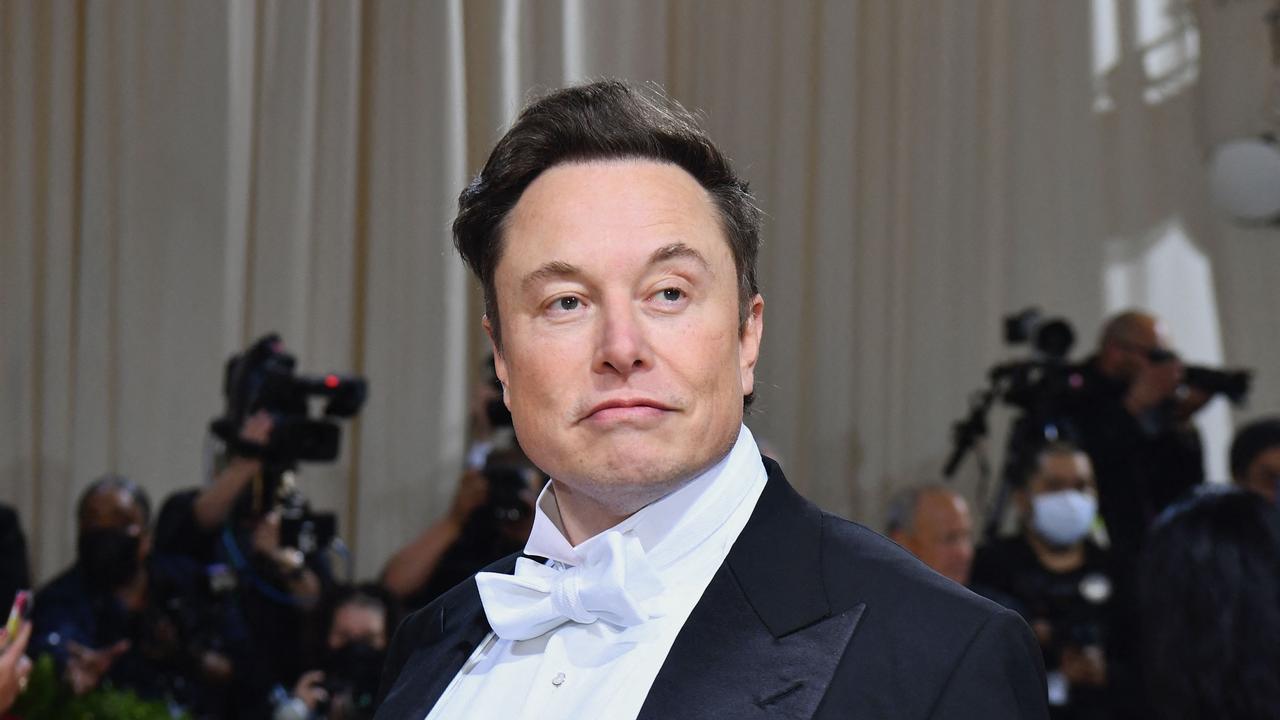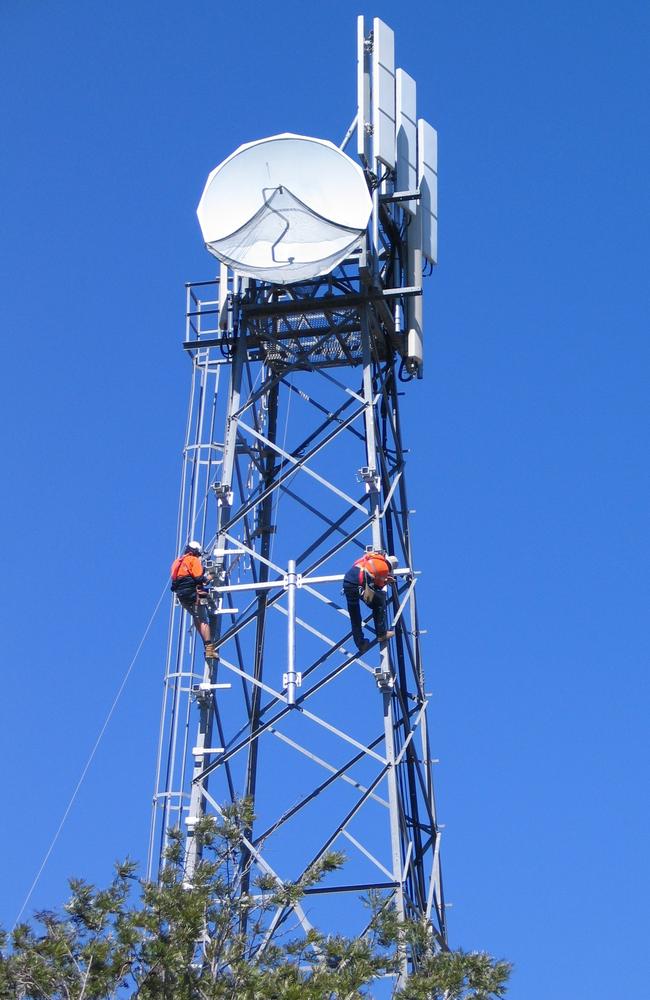Elon Musk foots blame for huge Aussie telco price hike proposal
Billionaire Elon Musk has reportedly played a significant role in driving up the prices across Australia’s NBN phone and internet network.
Elon Musk has been blamed for a price hike planned by the National Broadband Network’s parent company, which claimed the billionaire’s Starlink technology had reduced the company’s viability.
NBN Co outlined a series of significant pricing changes in a proposal to the ACCC this week as part of its request for a revision of its special access undertaking (SAU).
The SAU governs how much NBN Co can charge retail phone and internet companies like Optus, Telstra and TPG Telecom.
In its proposal, which has been criticised by the ACCC, NBN Co claimed prices needed to be increased due to “increasing competition from 4G, 5G, fixed wireless network and low-earth orbit satellite operators in those markets in which residential services are supplied”.
As well as proposing significant changes to product and pricing commitments, NBN Co sought to incorporate fibre-to-the-node and other copper-based technologies in the SAU, to create a single regulatory framework that covers all network technologies.

The company also proposed changes to the framework for NBN Co’s cost recovery, and rules for how the ACCC assesses network expenditure.
NBN Co said market competition, including from Musk’s company, was a major factor in its request for change.
“This competition does, and will, continue to incentivise nbn’s efficient pricing setting,” the proposal, published earlier this week, read.
“These complex competitive pressures and differences in end-user demands, mean that it is not possible for nbn to price by simply dividing its revenue requirement by forecast access volumes to set prices.”
The company argued NBN had to “pursue sophisticated pricing strategies, accounting for variations in demand and willingness and ability to pay”.
The ACCC shut down NBN Co’s request, arguing it would cause a ripple effect that would double the cost of entry-tier internet plans in the next decade and trigger perpetual price rises until 2040.
Leading telcos were also fast to condemn the plan in a terse letter to the ACCC published Wednesday, which called on the watchdog’s boss Gina Cass-Gottlieb to introduce an “access determination”, which would place the ACCC in charge of service pricing.
“NBN Co’s wholesale prices will rise and increase every year thereafter at a rate higher than inflation, thereby worsening household cost of living pressures and making NBN high-speed broadband unaffordable for many Australians,” the letter, signed off by Telstra, TPG Telecom, Vocus, Aussie Broadband and Optus, read.

“We believe the long-term interests of end users are paramount. Current and future end users should not be compelled to underwrite NBN Co’s inefficient historical costs and subsidise its entry into adjacent competitive markets.”
NBN Co doubled down on its justification however, claiming its competition was “driving sustained and increasing net churn off the NBN network.
It predicted it would lose 3.1 per cent of its customer base in the 2022 financial year – equivalent to 263,000 customers, and 3.3 per cent, or 283,000 customers in the 2023 financial year.
More Coverage
In addition, it claimed its biggest competition was “typically concentrated in high-value, low-cost-to-serve areas”.
ACCC Commissioner Anna Brakey said a thorough public consultation would be carried out before the watchdog made a decision on whether it would accept the proposal.
“Before we decide whether to accept NBN Co’s proposed variation, we are conducting a public consultation to hear from the retailers who sell NBN services, other service providers, and households and businesses that rely on the NBN for their broadband,” she said.






